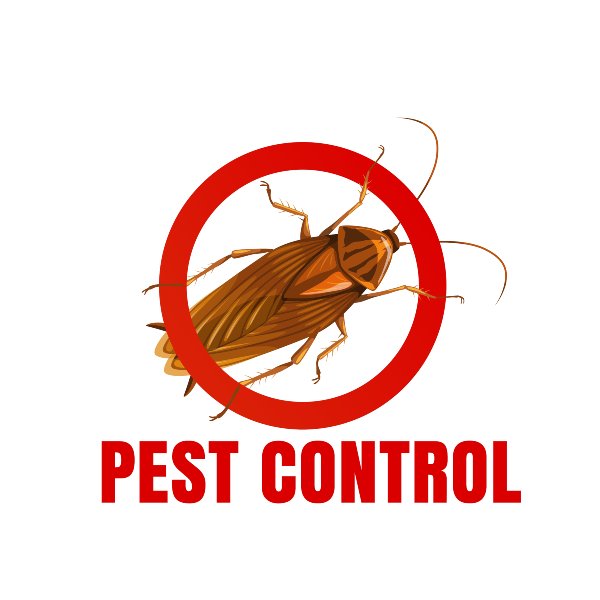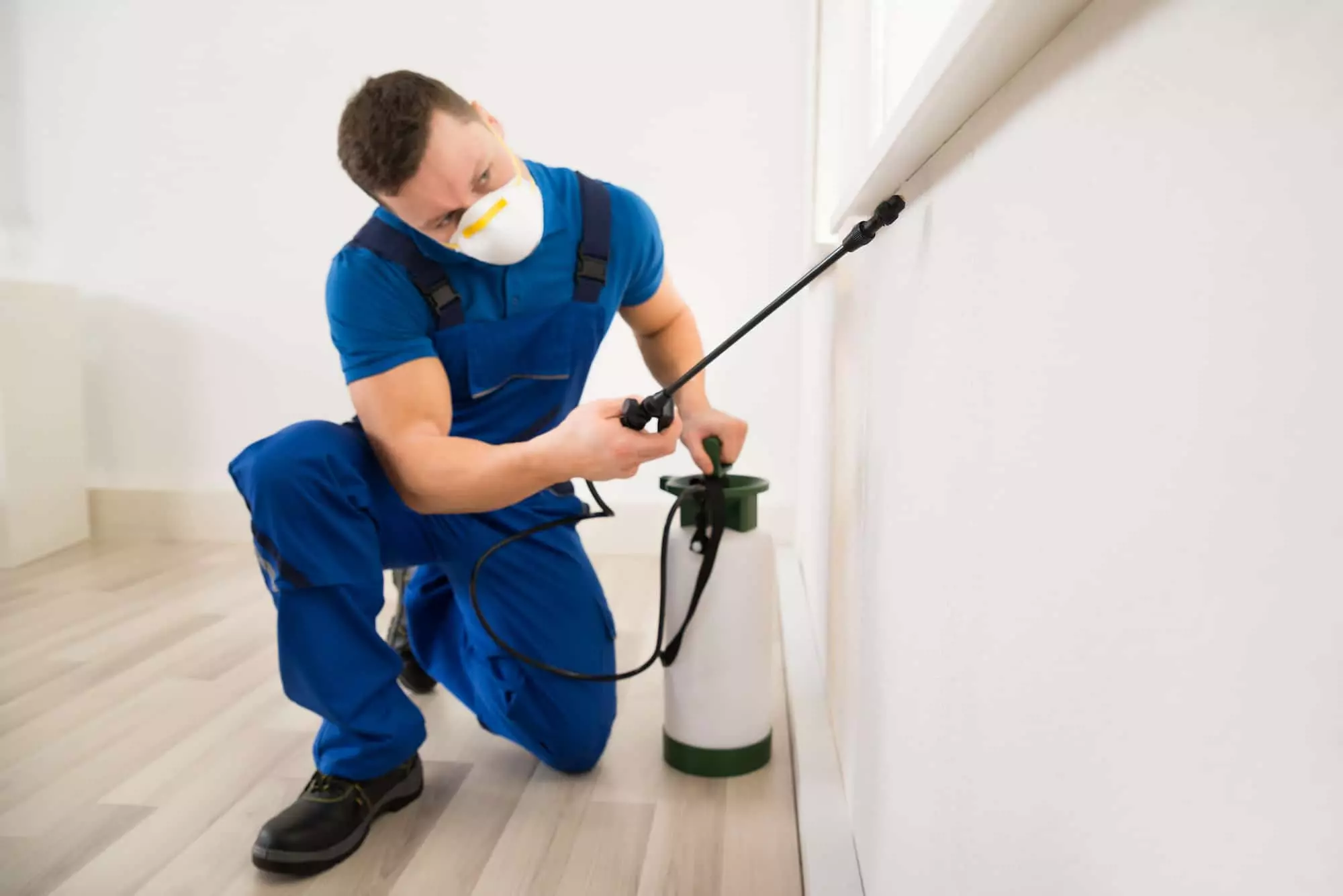Safe and Reliable Insect Control for Lasting Defense
The significance of trusted and secure bug control can not be overemphasized, specifically in an era where ecological problems are critical. Reliable parasite management requires a multifaceted technique that balances environmental honesty with the need for reliable parasite suppression. By discovering green services and incorporated parasite management techniques, property owners can attain enduring defense versus invasive types while protecting valuable ecosystems. The subtleties of these approaches might not be promptly clear, motivating a closer exam of the methods that can lead to sustainable parasite control outcomes. What steps can be required to make sure both safety and security and effectiveness in pest management?
Understanding Parasite Control Techniques
Insect control incorporates a variety of approaches targeted at managing and eradicating undesirable insects and rodents that can intimidate both health and wellness and home. Comprehending these approaches is important for effective pest administration.
The primary groups of bug control approaches consist of mechanical, organic, and chemical strategies. Mechanical techniques involve physical obstacles and traps to stop insect access and capture unwanted types. Utilizing screens on windows or using sticky catches can dramatically lower insect populations without introducing unsafe materials - exterminator coquitlam.

Chemical pest control is frequently the most identified approach, making use of chemicals to get rid of bugs. These chemicals can be reliable but must be used with caution to prevent damaging results on non-target types and the environment.
Benefits of Eco-Friendly Solutions
Exactly how can eco-friendly remedies change insect control methods? The adoption of eco-friendly insect control approaches uses many advantages, substantially improving the performance and security of parasite management.

Another benefit is the favorable influence on local biodiversity. Eco-friendly solutions are created to target certain bugs while maintaining advantageous insects and wild animals, promoting a balanced ecosystem. This technique straightens with the expanding consumer demand for sustainable methods, enhancing the track record of insect control providers.
Integrated Insect Administration Approaches
The execution of green solutions normally leads to the adoption of Integrated Insect Management (IPM) approaches, which better improve pest control efficacy. IPM is a holistic strategy that integrates several strategies to take care of pest populations while minimizing ecological effect. This technique emphasizes making use of biological, cultural, mechanical, and chemical controls, guaranteeing a sustainable and balanced approach of bug management.
One essential element of IPM is the complete evaluation of parasite task and ecological conditions. By monitoring pest populations and recognizing their life process, specialists can apply targeted interventions that interfere with the pest's environment or lifecycle, decreasing reliance on chemical pesticides. Furthermore, social methods such as crop rotation and habitat manipulation can considerably lessen bug establishment and recreation.
An additional vital component is the use of biological control representatives, such as useful pests or microbes, which can naturally suppress insect populaces. When chemical applications are needed, IPM focuses on the usage of low-risk pesticides and uses them uniquely, reducing direct exposure to non-target organisms and people.
Incorporating IPM approaches not only boosts insect control performance but also advertises a safer ecological community, straightening with the growing need for lasting techniques in pest monitoring.
Safe Practices for House Owners
Comprehending the relevance of risk-free practices in insect control can encourage home owners to successfully take care of pest problems while Bonuses protecting their wellness and the setting. Executing preventative steps and safe approaches is essential in minimizing exposure to dangerous chemicals.
Property owners should initially examine their atmosphere for conditions that attract bugs, such as standing food, clutter, and water waste. Consistently cleaning and sealing entry points can prevent bugs from getting into the home. Making use of natural deterrents, such as vital oils or diatomaceous planet, can provide reliable choices to chemical pesticides.
When chemical therapies are needed, house owners ought to go with products that are specifically classified as risk-free for household usage. It is necessary to comply with application guidelines carefully to avoid too much exposure. Additionally, utilizing targeted treatments in locations where pests are recognized, as opposed to blanket splashing, can considerably lower chemical use.
Lastly, keeping open communication with insect control specialists is crucial. Property owners should ask about the safety and security of products utilized and request environment-friendly choices whenever possible. By adopting these secure methods, property owners can create a much healthier living setting while efficiently taking care of bug problems.

Tips for Long-Term Defense
Developing a pest administration approach that stresses long-lasting defense can significantly improve the performance of the risk-free techniques previously reviewed. why not try here To attain this, home owners ought to apply routine examinations of their residential or commercial property, concentrating on hidden areas such as attics, cellars, and crawl spaces. Early discovery of parasite activity is important in preventing infestations from taking hold.
Additionally, keeping a tidy setting is important. This consists of correct food storage space, immediately cleaning spills, and routinely getting rid of rubbish. These practices reduce attractants that draw pests right into the home. Securing entrance points, such as splits around windows and doors, can properly obstruct potential insect access.
Landscaping needs to also be considered; maintaining plants trimmed and keeping a range between vegetation and the home minimizes hiding spots for insects. Utilizing all-natural deterrents, such as important oils or diatomaceous earth, can further inhibit problems without resorting to extreme chemicals.
Finally, collaborating with an expert parasite control service for routine assessments can supply an extra layer of protection. These professionals can use customized recommendations and progressed therapies, making sure that your home remains secured against insects in the long-term.
Final Thought
In verdict, secure and reputable parasite control requires a complex technique that emphasizes eco-friendly methods and integrated insect administration. By carrying out all-natural deterrents, conducting regular inspections, and preserving correct cleanliness, property owners can substantially reduce parasite populations while safeguarding beneficial pests and the setting. Collaboration with specialist bug control solutions boosts the effectiveness of these approaches, guaranteeing tailored options that offer lasting protection and assurance versus future problems.
Reliable bug management requires a multifaceted strategy that balances environmental honesty with the need for effective insect reductions. The fostering of eco-friendly pest control approaches offers various benefits, considerably improving the efficiency and safety of insect monitoring.The execution of environment-friendly remedies naturally leads to the fostering of Integrated Bug Monitoring (IPM) techniques, which further enhance insect control effectiveness. exterminator coquitlam. By keeping track of parasite populaces and identifying their life cycles, specialists can execute targeted treatments that interfere with the bug's environment or official website lifecycle, minimizing reliance on chemical pesticides.In verdict, safe and reliable insect control needs a multifaceted method that highlights green techniques and integrated bug monitoring